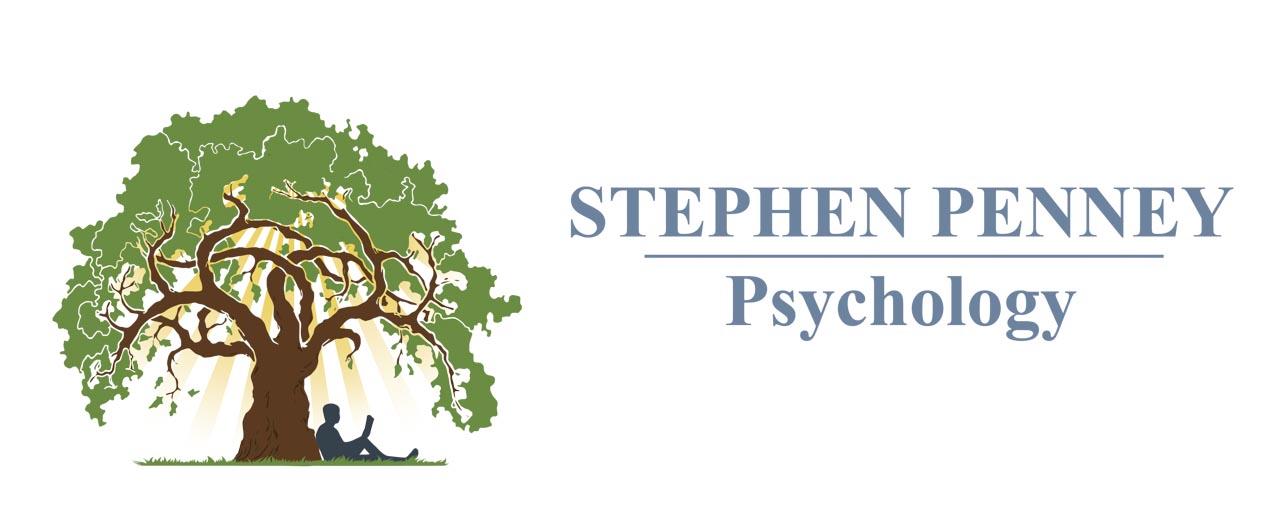The aim of this blog post is to help demystify child and adolescent psychological treatment in order to help make you feel more comfortable about the process and engaging in psychological services for your child. Please make contact if you would like to talk further about this topic or if you would like to book an appointment for your child.
Child and adolescent psychologists are adept at making children, adolescents and parents feel comfortable and safe during sessions. They understand that when a young person and parent see a psychologist for the first time it can be a daunting experience. We work closely with families to create a calm experience. It can be difficult for your entire family when your child is struggling. We can help children and families with a wide range of psychological, emotional and behavioural issues.
Each child is different and thus psychologists create individualised treatment plans to address the unique difficulties of the individuals they are helping. When possible, psychologists work closely with families to promote functional improvements. This can include parenting strategies, improving communication skills and teaching how to support your child in the implementation of the strategies they have learnt.
What ages of children do we work with?
We are able to work therapeutically with children from age 12. Children younger than 12 generally require play therapy, which we currently do not offer. The age/grade of the child that we are able to do psychometric assessment tests with depends on the assessment battery being applied. Please enquire for further information or read the blog post “Demystifying child and adolescent psychometric assessments”.
What does treatment involve?
We have a strong commitment to use assessment tools and therapies within our consultations that are supported by up-to-date clinical research. We treat clients with compassion and respect in order to help yield effective and positive change. Please enquire for further information or read the blog posts “Demystifying child and adolescent psychometric assessments” and “Demystifying child and adolescent therapy”.
How long does treatment last?
In terms of therapeutic intervention, the number of sessions needed varies from person to person. Immediate, short-term or crisis interventions are available, as well as longer-term, ongoing therapy for more complex issues.
In terms of assessment tests, we will be able to give you an indication of the number of times and duration that your child will need to come to our offices to have tests administered. This will however vary slightly depending on how fast we are able to progress through the test material. Generally assessment sessions are limited to 2 hours per day, preferably in the morning, to enable the child to perform at their best.
Do I need to sign consent for my child?
Parents must sign consent for children under the age of 12. From the age of 12 upwards, as long as the child has the maturity and understanding, they can legally consent to therapy or psychometric assessments. At our practice, however, we prefer parents to consent if their child is under the age of 18. A consent form needs to please be signed by a parent before the intake session. In addition, children 12 years old and over will be asked to sign an assent form.
“Assent” is a term used to express willingness to participate in therapy and/or assessments by persons who are by definition too young to give informed consent but who are old enough and mature enough to understand the possible benefits, risks and activities expected of them as clients. This forms the first step of forming a trusting relationship between the child and child psychologist.
How does confidentiality work?
All information discussed in sessions is confidential, unless the child is likely to seriously harm themselves or others, in which case confidentially may be broken. If children are under the age of 12, parents are generally privy to information from the sessions. General information on the therapeutic process, progress and needs of the child is usually given to parents on a regular basis or as requested. A report may also be requested. Please note that our practice does not work in psycho-legal matters and thus reports are not for psycho-legal purposes.
For children over the age of 12 years and depending on maturity level, the child must generally first consent to the sharing of information. They are also given the choice as to whether they would like to attend any feedback meeting. Building and maintaining trust in the therapeutic relationship is important and thus the child is usually consulted first before information is shared. Some children, particularly older children, will remain silent in therapy sessions if they feel that the therapist is going to report on everything they say. The therapist will thus make sure that the child knows and agrees to what is discussed with parents. The overarching principle is ultimately that the child’s best interests are of paramount importance, but we do attempt to include the parents as much as possible.
What can I expect at the intake session?
The goal of the intake session is to determine the nature of the problem and to develop an agreed individualised treatment plan based on the child’s needs.
Every enquiry aims to collect relevant background information surrounding the reason for referral. This may be developmental, social, academic, medical and psychological information. A child information form is sent to the parents before the session which we ask you to please complete and bring with to the intake session in order to save time. Parents and child are interviewed and collateral information is obtained from third party reports. This will help the psychologist to understand concerns and difficulties and goals for therapy. Depending on the age of your child and their comfort, the psychologist will possibly spend some time with parents alone and some time with the child alone as well as everyone together. Depending on maturity level, children 12 years and older may attend the first session and ongoing therapy without parental attendance.
At the end of the intake session, you will have had a chance to learn more about our practice and get a sense of how we work and we will have worked together to identify a treatment plan. Treatment often begins with a comprehensive diagnostic assessment. Once we have a clearer understanding of your child’s needs, we will update the treatment plan. This may include engaging in our services and/or a referral to other service providers for further assessment. We work with speech therapists, educational psychologists, occupational therapists, general practitioners, pediatricians, psychiatrists and teachers to ensure the best overall assistance for your child. Recommendations may include therapy and practical strategies for school and home.
It is important to note that we are committed to delivering evidence-based treatments that have been proven to be efficacious. We strive to meet treatment needs in the most effective and efficient way possible and we will continue to discuss, assess and refine how we are meeting your and if applicable, your child’s treatment goals.


Recent Comments